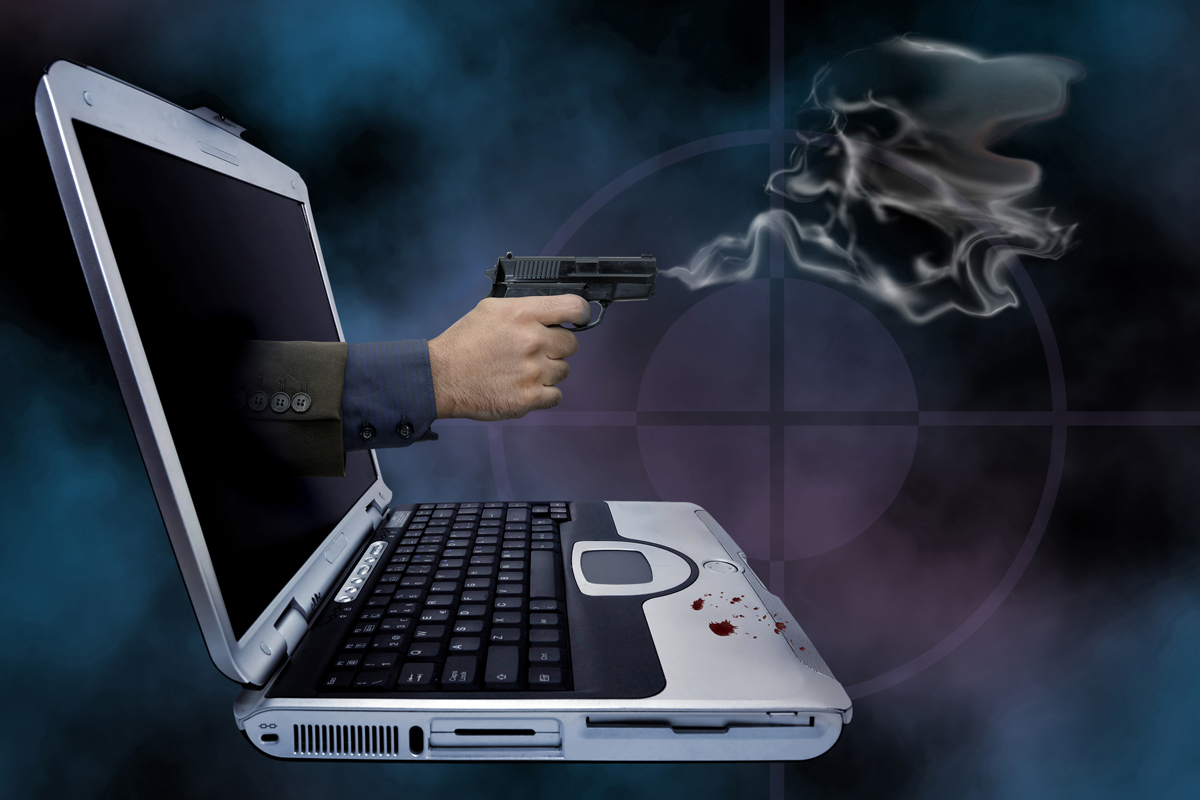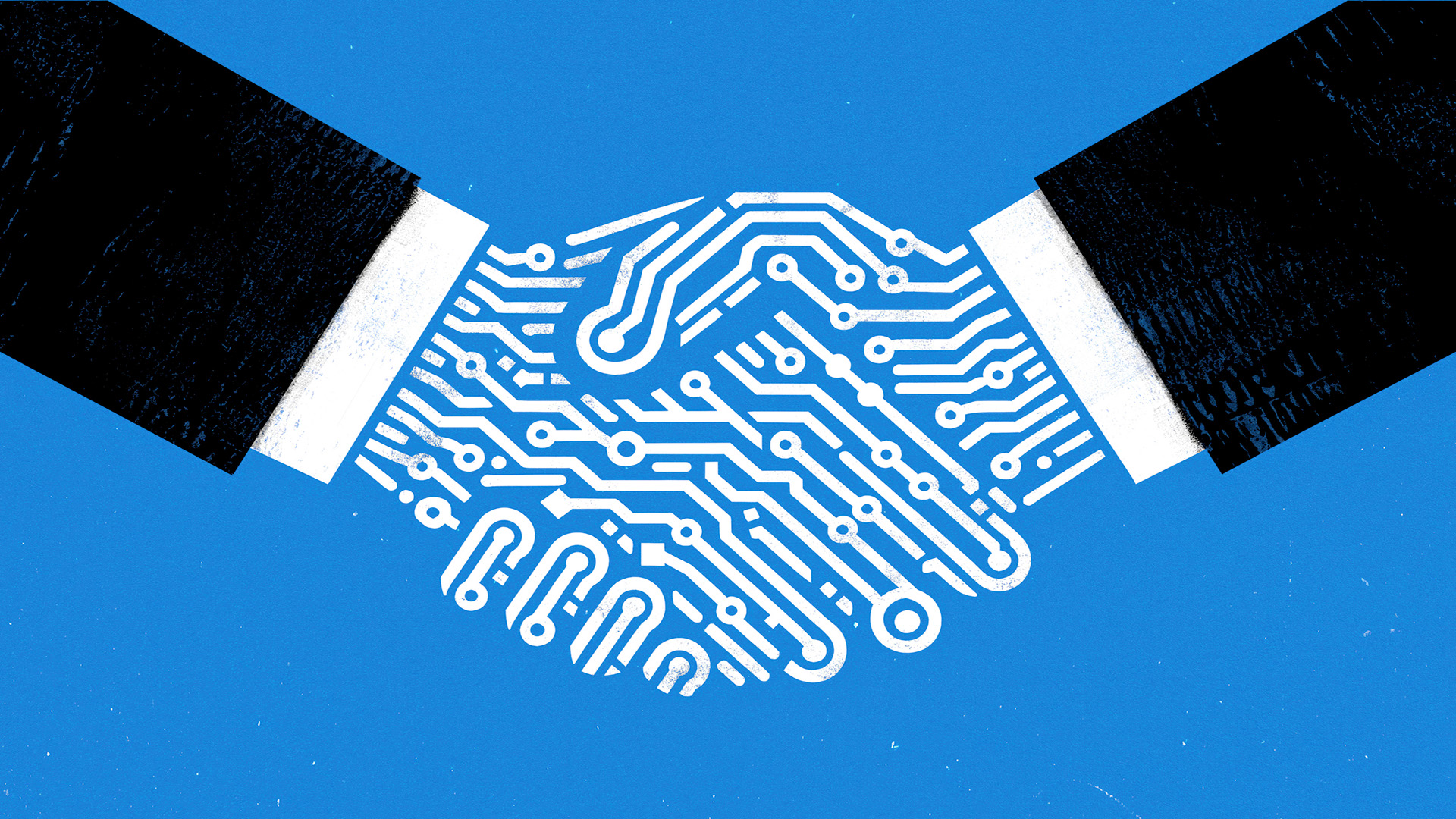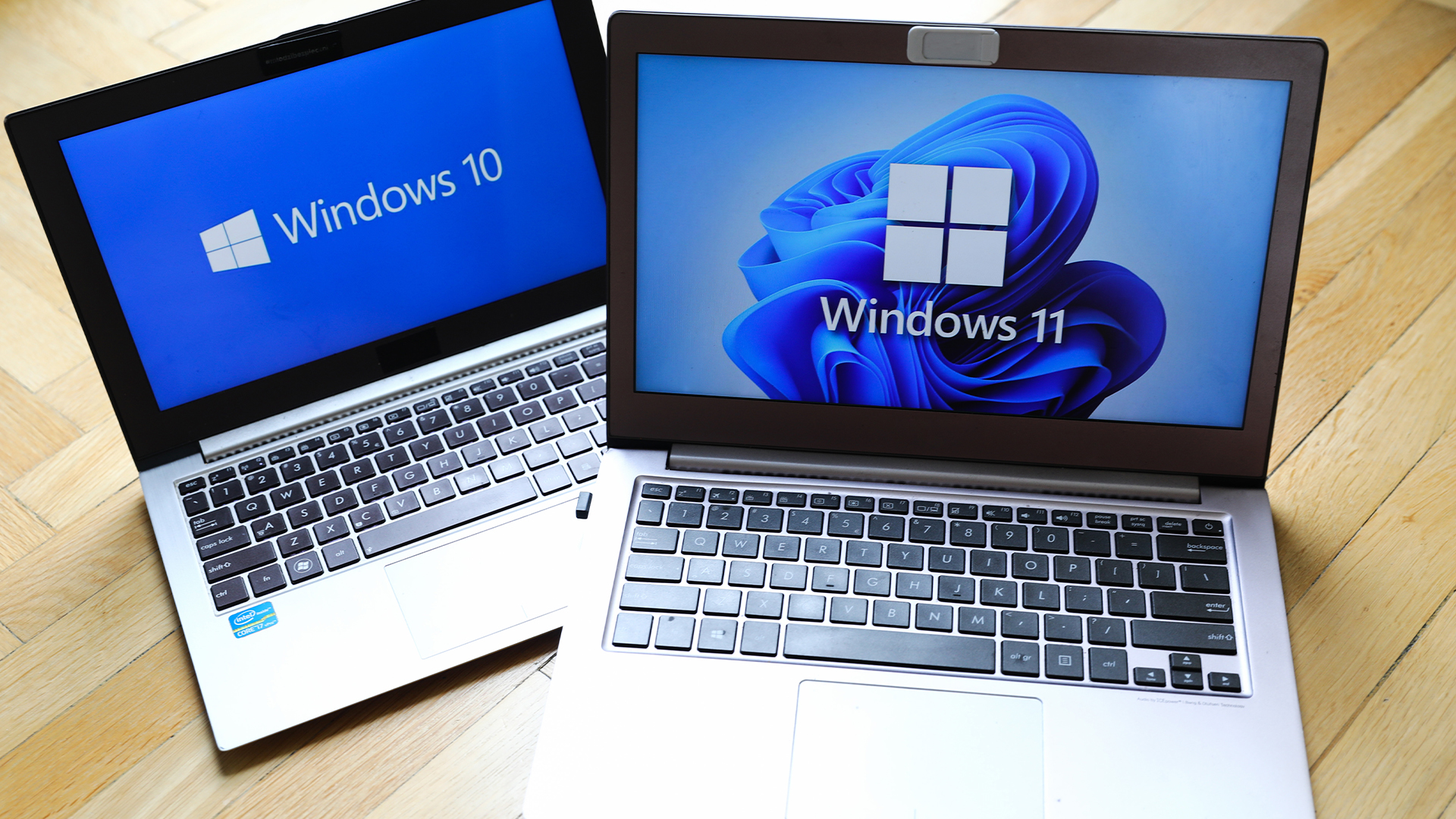No OS is safe, expert warns
No OS is safe from hackers, even though some believe certain systems are better equipped to fend off attacks than others, a security expert claims.


Sign up today and you will receive a free copy of our Future Focus 2025 report - the leading guidance on AI, cybersecurity and other IT challenges as per 700+ senior executives
You are now subscribed
Your newsletter sign-up was successful
Preconceptions that some operating systems are safer than others are misguided, a security expert has claimed.
In reality all systems have their flaws which hackers will attempt to exploit and, despite some people's belief Linux and Mac users are safer, all are vulnerable, said David Jacoby, a senior security researcher at Kaspersky.
"It doesn't really matter what you use," he told attendees at a Kaspersky press event in Munich.
"There is no such thing as a secure operating system."
In particular, Jacoby looked at the security problems with Linux. One notable issue is that Linux is often left out of the patch cycle, while many hackers have been seen using vulnerabilities in Linux to carry out "drive-by download" attacks.
These attacks are initiated when a hacker compromises a server running on Linux and adds malicious code to websites hosted on that server. When a user visits the site a malicious file is downloaded onto their systems.
Companies need to have the total package to protect their systems, from the right technology and anti-virus to local hardening and stronger resource segmentation to prevent spreading infections, Jacoby said.
Sign up today and you will receive a free copy of our Future Focus 2025 report - the leading guidance on AI, cybersecurity and other IT challenges as per 700+ senior executives
Furthermore, businesses should look to protect both servers and clients, he added.
"It's about everything. Protection against malicious code, that is one thing, but that is not enough," Jacoby added.
Tom Brewster is currently an associate editor at Forbes and an award-winning journalist who covers cyber security, surveillance, and privacy. Starting his career at ITPro as a staff writer and working up to a senior staff writer role, Tom has been covering the tech industry for more than ten years and is considered one of the leading journalists in his specialism.
He is a proud alum of the University of Sheffield where he secured an undergraduate degree in English Literature before undertaking a certification from General Assembly in web development.
-
 DigiCert continues EMEA partner focus with latest appointment
DigiCert continues EMEA partner focus with latest appointmentNews The channel veteran will lead the digital trust vendor’s EMEA partner strategy as it targets deepen partner connections and new growth
-
 Microsoft patches six zero-days targeting Windows, Word, and more
Microsoft patches six zero-days targeting Windows, Word, and moreNews Patch Tuesday update targets large number of vulnerabilities already being used by attackers
-
 Windows 10 extended support costs could top $7 billion
Windows 10 extended support costs could top $7 billionNews Enterprises sticking with Windows 10 after the October deadline face huge costs
-
 Tiny11 review: Windows 11 with only 2GB of RAM
Tiny11 review: Windows 11 with only 2GB of RAMReview A version of Windows 11 for older machines that don't meet the full requirements
-
 Red Hat Enterprise Linux becomes foundational operating system for Cohesity Data Cloud
Red Hat Enterprise Linux becomes foundational operating system for Cohesity Data CloudNews New strategic partnership between Red Hat and Cohesity aims to drive innovation in the data security and management space
-
 Ubuntu shifts to four-week update cycle
Ubuntu shifts to four-week update cycleNews Critical fixes will also come every two weeks, mitigating the issues involved with releasing prompt patches on the old three-week cadence
-
 AlmaLinux follows Oracle in ditching RHEL compatibility
AlmaLinux follows Oracle in ditching RHEL compatibilityNews Application binary compatibility is now the aim with 1:1 now dropped
-
 How big is the Windows 10 cliff-edge?
How big is the Windows 10 cliff-edge?ITPro Network With some comparing the upcoming Windows 10 end of life to Windows XP, we ask members of the ITPro Network for their insight
-
 Everything you need to know about the latest Windows 11 updates - from bug fixes to brand-new features
Everything you need to know about the latest Windows 11 updates - from bug fixes to brand-new featuresNews Two new cumulative updates are on the way and will be installed automatically on Windows 10 and Windows 11 machines
-
 How to download a Windows 11 ISO file and perform a clean install
How to download a Windows 11 ISO file and perform a clean installTutorial Use a Windows 11 ISO to install the operating system afresh
